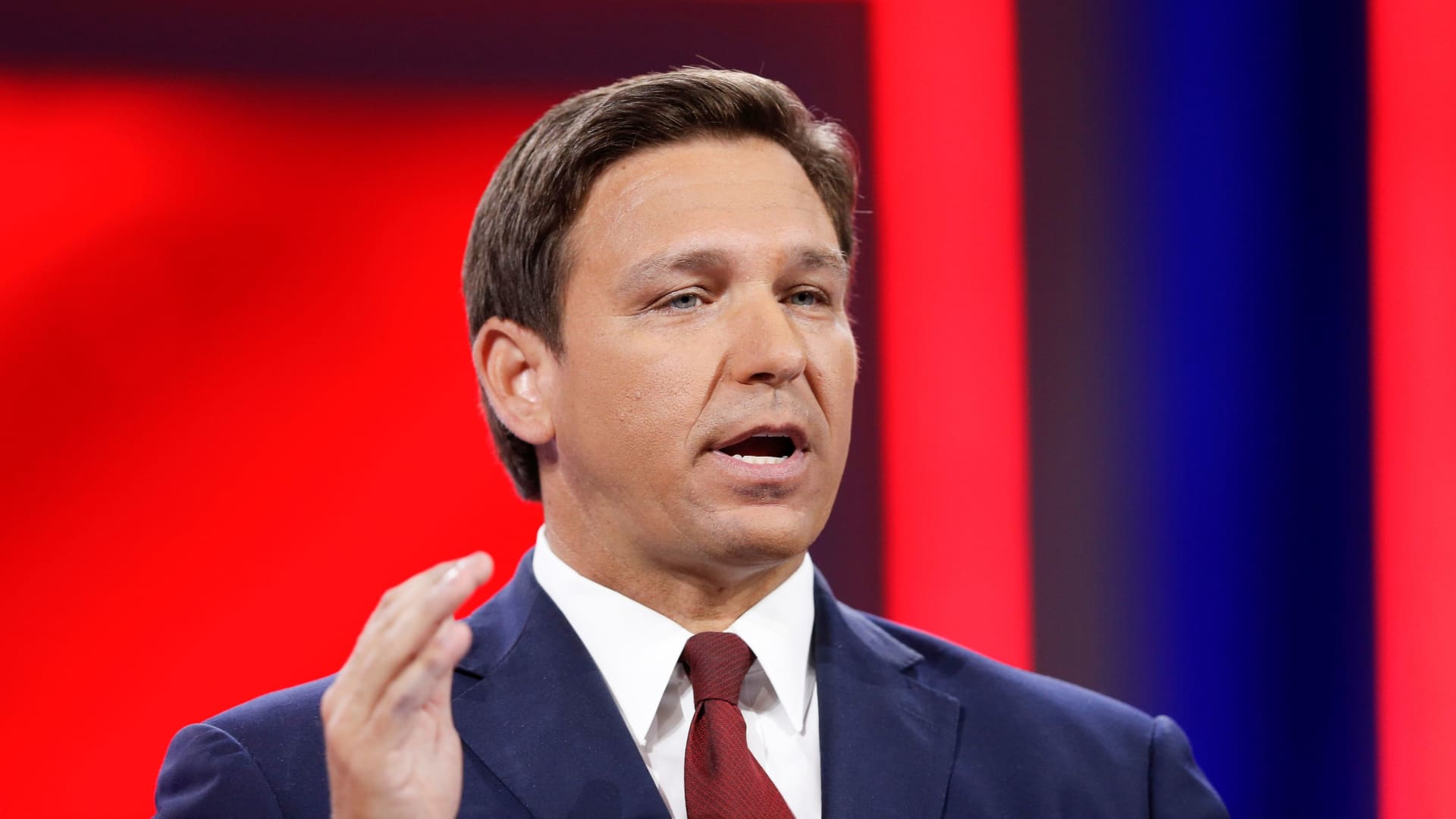A Course Change for Washington’s Iraq Policy ?
However, President Bush is clearly not leaning towards changing the main pillars of his Iraq policy, which one might summarize as follows: ‘The US was justified in attacking Iraq to overthrow the undemocratic dictatorship of Saddam Hussein. Washington is now determined to continue its occupation so as to establish peace and stability in the region as well as to reconstruct the country. Willing states might contribute to this process. However, even if left alone by the international community, the US is determined to carry through its plans in the region. There’s no turning back from this path.’
This policy is a reflection of President Bush’s ‘unilateral’ and ‘preemptive strike’ doctrine, as well as his arrogant and overconfident personal attitude. So, we have sufficient evidence to believe that the Bush administration has no plans to change its Iraq policy as long as it holds onto power. But what happens if the US’ ruling party were to change? My personal view is that if the Democrats win in next year’s elections, Washington still won’t change the main principles of its Middle East policy, but it’s very likely to revise it with certain modifications in terms of methods and style.
Last Friday, I had the opportunity to discuss this issue with Democratic Congressman Alcee L. Hastings, one of the harsher American critics of Bush’s Iraq policy, who was in Istanbul for a conference organized by the Turkish-US Business Council. Hastings claimed that if the Democratic Party wins next fall, Bush’s preemptive doctrine would be abandoned immediately.
However, my impression from our conversation is that the Democrats wouldn’t withdraw from Iraq even if they get the reins of power in Washington. They would, however, immediately take more effective measures to establish solid international cooperation on the issue so as to facilitate Iraq’s reconstruction.
No matter how contradictory their political views are, Americans have similar ideas when it comes to their country’s strategic and economic interests. Therefore, even if the Bush administration loses the elections, the US policy on the Middle East won’t be altered significantly. Any difference will lie in its methods and attitudes.”



